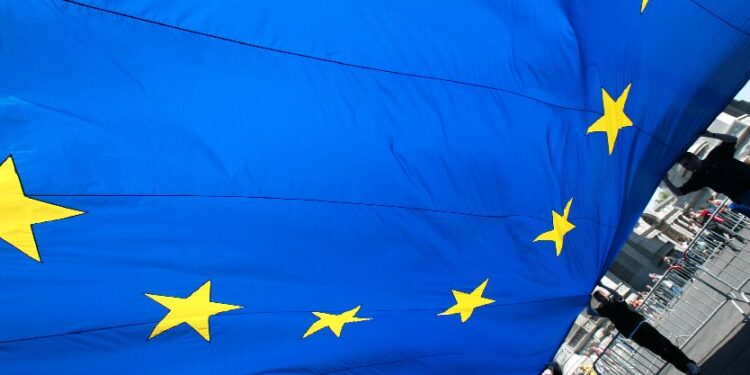Over 230 European Union (EU) companies are currently actively engaged in operations within Nigeria, contributing significantly to the country’s economy by generating over 130,000 jobs, according to a recent study by Commercium Africa titled ‘2023 Mapping of European Union Companies in Nigeria.’ The report, released on Monday, highlighted key findings regarding the European business presence in Nigeria.
The companies surveyed for the study hail from 17 of the 27 EU member states, with notable contributions from countries such as France (59 companies), Germany (51), Spain (6), Italy (17), and the Netherlands (12), among others. The study revealed that 42% of these companies established their presence in Nigeria over the past decade, showcasing the growing economic potential and increased European investment in the country.
The European Union has emerged as Nigeria’s largest trading partner, with a trade balance favoring Nigeria, according to the report. In the last fiscal year, EU companies collectively invested over €2 billion in the Nigerian economy, achieving a turnover of approximately €4 billion.
Lagos, Nigeria’s commercial capital, hosts 80% of these EU companies, with the manufacturing sector standing out as the largest, accounting for 19% of the total. The report also highlighted the contribution of European companies to skill development in Nigeria, noting that they have provided professional training opportunities for 6,000 of their employees.
In response to the study’s findings, European Union Ambassador to Nigeria and ECOWAS, Ms. Samuela Isopi, emphasized the multifaceted nature of the EU-Nigeria partnership. She stated, “Our commitment to Nigeria’s growth is reflected in the investments, job opportunities, and economic contributions made by the EU companies. This first mapping highlights the importance of our relationship and the potential for further collaboration in various sectors.”
Yann Gilbert, President of the European Business Chamber Nigeria, praised the report for illustrating the significant and consistent contributions of EU companies to Nigeria’s economic landscape. He emphasized the positive collaborative spirit between the EU and Nigeria, emphasizing the role played by European businesses in fostering economic growth, job creation, human capital development, circular economy, and innovation across the country.
























